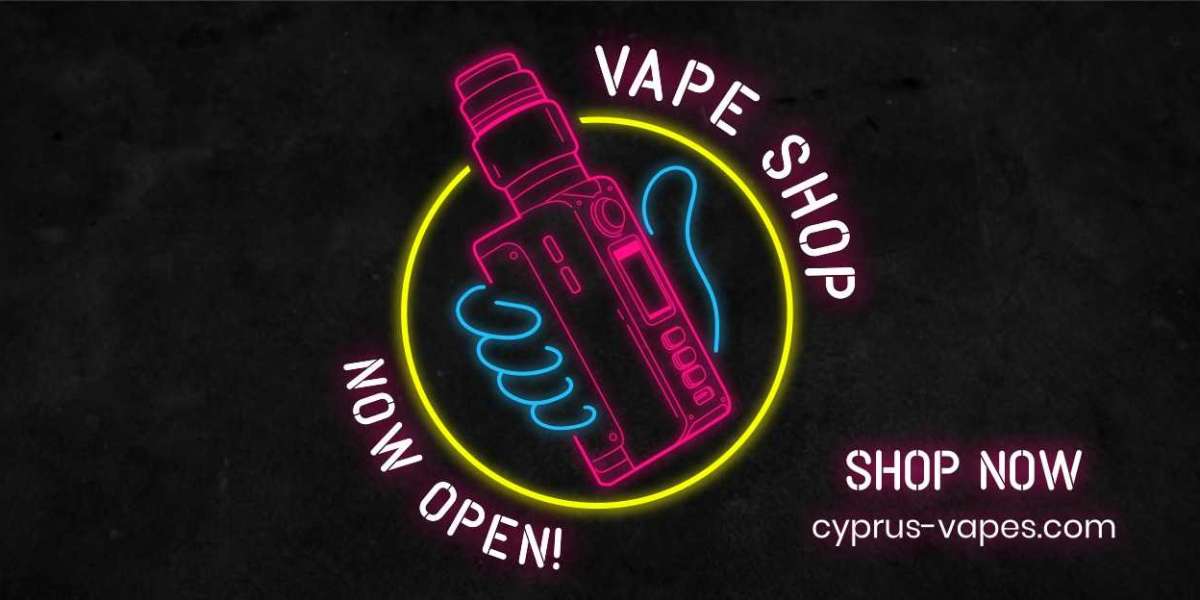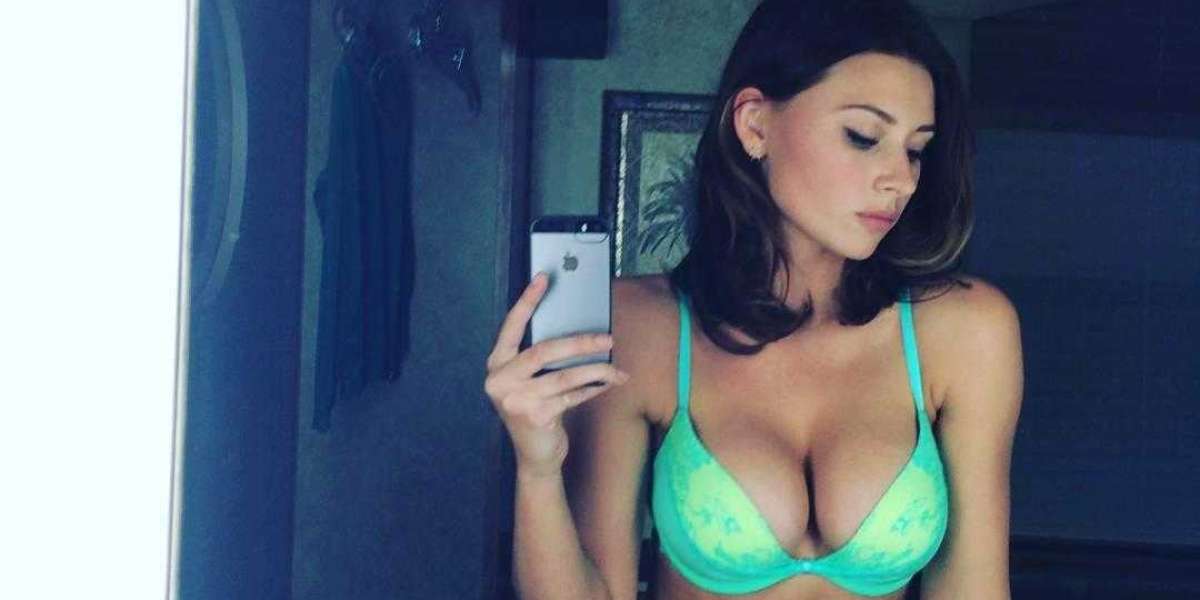Latest hip hop songs Hearing Migos’ “Fight Night” for the first time on a concrete party basement floor in 2014 made the room around me feel like it was levitating. Takeoff’s intro quip “If you know me, know this ain’t my feng shui” sent all bodies into a tizzy. Throwing ass and finger guns to “My niggas is criminals trying to get to the MMs” was simply second nature. Like me then, the late Migos rapper was in his early 20s — 20 years old to be exact. The news of his death eight years later at the tender age of 28 (by a stray bullet shot reportedly from someone within his camp after a dispute over a dice game) shook me to my core.
Before Takeoff — real name Kirshnik Khari Ball — could be laid to rest, the all too familiar takes around hip-hop and gun violence swirled. Journalist Jemele Hill called for the hip-hop industry to take a stand against gun violence and Public Enemy frontman Chuck D made it his business to call gun violence in the hip-hop community “abnormal behavior.” Actor LaKeith Stanfield made it clear to his followers that “If you are for gangster rap you can’t also be for Black [lives],” referring to it as “kille[r] music.”
Time and time again, hip-hop music becomes a scapegoat and source of blame while we mourn. From Nipsey Hussle, to Young Dolph, to King Von, whenever a Black man in hip-hop dies from gun violence, especially if guns or trapping is part of their content of choice, we’re forced to reckon with the pain laid upon the Black community and the extra and intra-community blame that comes with it, turning rap into a musical pariah. Pointing fingers at hip-hop isn’t enough to prevent the death of young rappers.
Myles Durkee, PhD, assistant professor of psychology at the University of Michigan likens this sudden, slightly misguided call among Black people to blame hip-hop and indirectly Black culture writ large after the death of a prominent figure to Cultural Betrayal Trauma Theory. Attributed to Dr. Jennifer Gomez, the theory states “When you're the victim of violence from an ingroup member, it's much more difficult to cope from that trauma compared to if the same exact instance occurs from an outgroup member,” says Durkee.
We’ve heard Lauryn Hill rap “How you gonna win when you ain't right within?” but blaming rap music or Black culture at large for Takeoff’s (or any other rapper’s) death ignores nearly every nuanced factor that puts hip-hop artists in violent situations in the first place.
“
Latest hip hop songs or Black culture at large for Takeoff’s (or any other rapper’s) death ignores nearly every nuanced factor that puts hip-hop artists in violent situations in the first place.
”
Where Black folks experience 10 times the amount of gun homicides compared to white Americans, especially in impoverished areas, “The violence has always been in our communities and these issues far before there was ever a rapper,” says Dart Adams, a hip-hop historian, journalist and author/editor of The Best Damn Hip Hop Writing. “Rap music becomes responsible for things we have no control over.”
I grew up in Chicago, IL as the child of two ex-gang-affiliated parents. You may expect gunshots and early deaths to be as American as apple pie for me. But where do we place the blame when intraracial violence (among other races too, not just Black folks) and mass shootings are also just as American?
“[Gun violence] is a crisis that affects everyone in the entire country no matter your background and no matter where you're at in public spaces,” says Durkee. Where more than 100 Americans die from gun violence daily, “hip-hop just becomes the easy scapegoat,” he says.
According to Desmond Upton Patton, PhD, MSW, a professor of social policy, communications and medicine at the University of Pennsylvania, there is no substantial data linking violent hip-hop lyrics as a direct cause of gun violence. Therefore, lyrics that depict violence can just be a reflection of the artist’s reality, past or present.
“
[Gun violence] is a crisis that affects everyone in the entire country no matter your background... Hip-hop just becomes the easy scapegoat.
MYLES DURKEE, PHD, ASSISTANT PROFESSOR OF PSYCHOLOGY
”
“Overanalyzing hip-hop lyrics becomes just another form of surveillance, particularly for Black and brown folks,” says Patton. “But I do think there are important insights that we can glean from the music that can help us figure out what's needed, who needs support, and how we can do better.” Several artists are calling upon legislators to treat lyrical content as artistic expression rather than criminal confessions and ban the use of lyrics in court. In these cases, hip-hop is further demonized and assumed as having malicious intent.
Even the term gangster rap, which stems from NWA’s 1988 song “Gangsta Gangsta,” became a sort of catch-all term for “music made from the perspective of people in the streets,” Adams says. “Which is not a new phenomenon [for a 40-year-old genre].
“Many of our political leaders, many of our revolutionaries, came from a so-called ‘gangster’ background,” adds Adams, riffing on icons like Huey P. Newton and Malcolm X. “If we removed everybody with a gangster background from Black history, you’re going to be sad to see who's going.”
“
You can’t have a call to end violence in hip-hop without making a call to end gun violence in America, period.
”
Whatever your stance is on gun violence and hip hop, I implore you to consider that “gangster” portrayals outside of our community such as The Godfather and Peaky Blinders are rarely brought into the larger conversation around American violence. Just like hip-hop, “these are stories of survival,” says Adams. “The sh*t that Migos raps about unfortunately still exists when they’re out here shining in the streets. The ills of the city don't disappear.”
Takeoff’s death was this week. Now is not the time for discourse and damnation. I do earnestly want the American songs community to take a step back and examine the use of violent imagery in the music, but not at the expense of blaming other artists for their deaths. You can’t have a call to end violence in hip-hop without making a call to end gun violence in America, period. Yes, we can grieve. Yes, we can hurt. #BlackMenDeservetoGrowOld. But what we can’t do is blame a genre of music for an isolated incident, even when the pain and trauma feels collective






